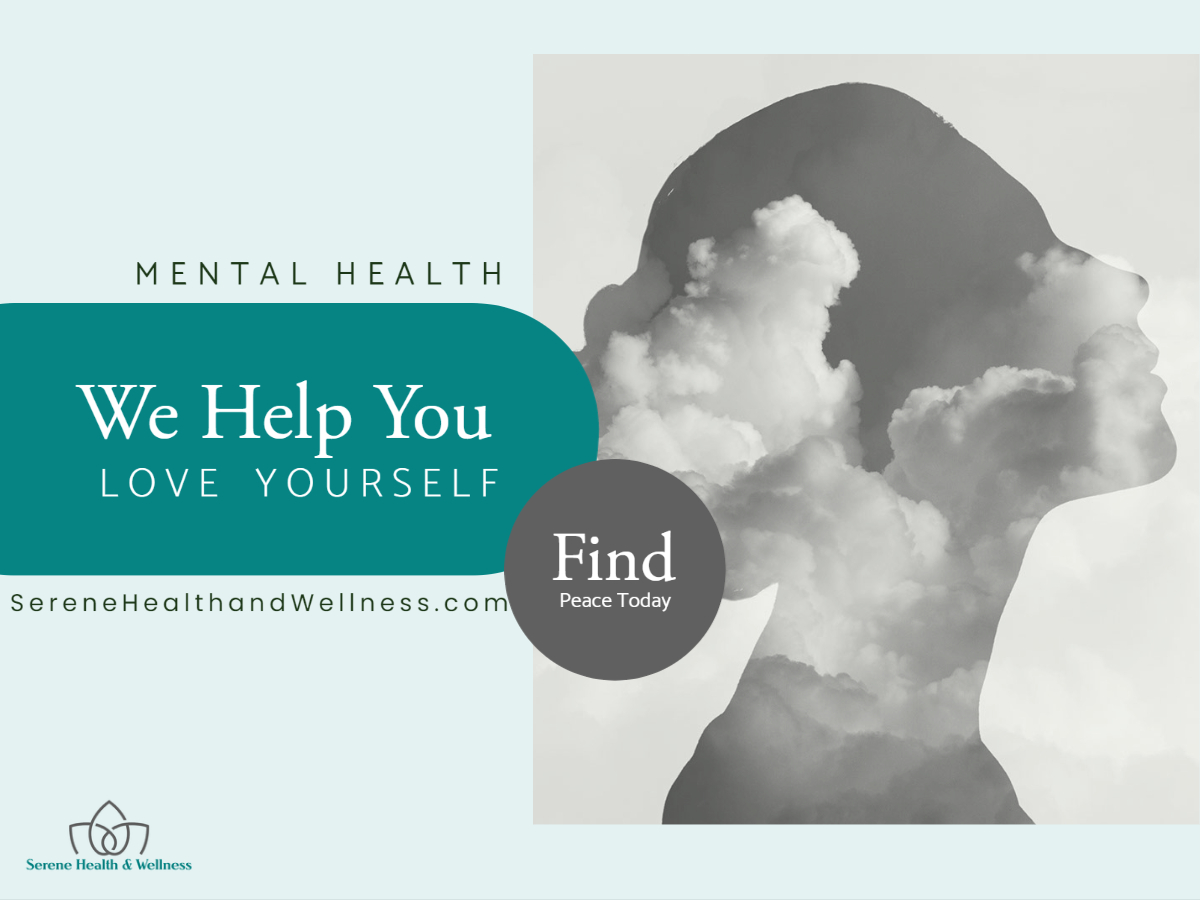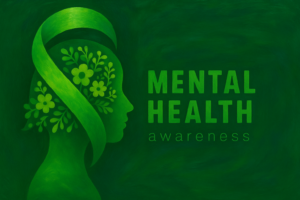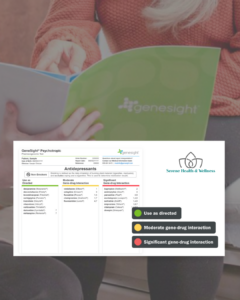In today’s fast-paced world, many of us find ourselves struggling with the invisible weight of anxiety and depression. These mental health challenges can be overwhelming, but the good news is that there are effective strategies to help you manage and overcome them.
Here we will explore practical tips to navigate the storm of anxiety and depression and work towards a brighter mental health future.
Understanding Anxiety and Depression
Anxiety and depression are common mental health conditions that affect millions of people worldwide. Anxiety often manifests as excessive worry, while depression brings a deep sense of sadness and hopelessness. It’s crucial to recognize these conditions and acknowledge their presence as the first step toward healing.
Seeking Professional Help
One of the most important steps you can take is to seek professional help. Mental health professionals, such as therapists and psychiatrists, are trained to provide guidance and support. They can help you understand your condition, develop coping strategies, and explore treatment options, including therapy and medication.
Building a Support Network
You don’t have to face anxiety and depression alone. A strong support network is invaluable. Friends and family members can offer emotional support and understanding. Communicate your feelings and needs with them, as they may not fully comprehend what you’re going through unless you share.
Self-Care Practices
Self-care is a critical aspect of managing anxiety and depression. Simple daily routines can make a significant difference. Establishing a consistent schedule, prioritizing sufficient sleep, engaging in regular physical activity, and practicing relaxation techniques like mindfulness or deep breathing can all contribute to improved mental health.
Healthy Lifestyle Choices
The connection between diet, exercise, and mental health is well-documented. A balanced diet rich in nutrients and regular physical activity can positively impact your mood and overall well-being. Incorporate these into your life gradually, making small, sustainable changes.
Mindfulness and Cognitive Behavioral Techniques
Mindfulness and cognitive-behavioral techniques are powerful tools for managing anxious and depressive thoughts. Mindfulness helps you stay present and reduce the impact of negative thought patterns. Cognitive-behavioral techniques help you challenge and reframe those negative thoughts, leading to reduced stress and improved mental health.
Medication and Treatment Options
In some cases, medication may be prescribed to alleviate symptoms of anxiety and depression. Consult a psychiatrist for medication management if necessary. Additionally, consider complementary treatments such as acupuncture, yoga, or art therapy, which can enhance your overall well-being.
Setting Realistic Goals
It’s easy to become overwhelmed by the enormity of managing anxiety and depression. Break down your recovery journey into manageable steps and set realistic goals. Achieving small victories along the way can boost your confidence and motivation.
Monitoring Progress
Track your progress to celebrate your successes, no matter how small they may seem. Consider journaling your thoughts and feelings, or use mental health apps that help monitor your moods and identify triggers. Recognizing improvement is an essential part of your healing journey.
The Bottom Line
Remember, overcoming anxiety and depression is a journey, not a destination. You are not alone, and there is hope. Seek professional help, build a support network, practice self-care, and take small, consistent steps toward recovery. With the right strategies and support, you can navigate the storm of anxiety and depression and emerge stronger on the other side. Your mental health matters and there is a brighter future ahead.









